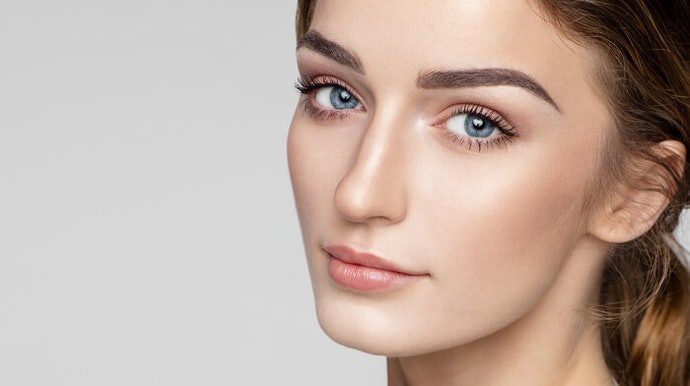Eshealthtips.com – If you’ve ever had a problem with your vision, you may be wondering whether your diet is sufficient in eye vitamins and minerals. The good news is that these nutrients are widely available, and most of them are found naturally in foods. Your diet should include a variety of nutrient-rich foods, but you may want to supplement with a quality supplement. A daily multivitamin can help you meet your requirements for these vitamins and minerals.
Good Vision with Vitamin A
Vitamin A is essential for good vision and functions as a component of the protein rhodopsin, which helps the eye see in low-light conditions. If you don’t get enough vitamin A, you may have trouble seeing at night, and deficiency in this vitamin can cause night blindness. Additionally, it supports the function of the cornea, which is the protective outer layer of the eyes. Without enough vitamin A, you may experience eye dryness and decreased vision.
Many people believe that eye vitamins and minerals are essential to maintaining eye health, but there is no solid research to support their use. A recent study by the National Eye Institute (NEI) has shown that these supplements can enhance vision and prevent macular degeneration. Despite the lack of evidence, there are some benefits to these products, especially for older people with declining eyesight. The NEI has been working on nutritional studies for decades, and the AREDS2 study shows the results are promising.

There are a few different ways to get enough of these vitamins and minerals. Some people eat foods rich in lutein, which protects the eye cells from high-energy particles. Other foods rich in lutein include spinach, kale, and orange sweet potatoes. Zinc is an essential mineral for the immune system and healthy cell division. It may even help prevent cataracts. Some studies have even found that taking zinc supplements improves night-vision.
Can Reduce the Risk of Night Blindness and Prevent Cataracts
In addition to lutein and zinc, these nutrients are also important for your vision. For example, vitamin A is essential for the function of the cornea, which is the outer layer of your eye. In addition to reducing the risk of developing night-blindness, vitamin A can improve the condition of your eyes. However, there are no proven studies that show that supplementing with zinc is effective for the prevention of cataracts. So, if you want to protect your vision, take care of it.
While many people think that eye vitamins and minerals are important for eye health, these nutrients are not required in a balanced diet. It is important to make sure you’re eating a diet rich in these essential nutrients. For example, if you’re taking an omega-3 supplement, make sure you include it in your daily diet. This supplement may also help prevent dry eyes. If you’re concerned about the health of your eyes, you should consult with a doctor before starting any new supplements.

In addition to vitamin A, eye vitamins and minerals may also benefit other body parts, including your eyes. For instance, lutein protects your eye cells from high-energy particles and may have anti-inflammatory properties. It can be found naturally in orange sweet potatoes and spinach. Other important vitamins and minerals may help you prevent cataracts. One of the best supplements for your eyes is zinc. This is an essential mineral for your immune system. It helps you heal wounds and maintain healthy cell division. Some studies have suggested that people taking zinc supplements may also have better night vision.
Tips for Maintaining the Body’s Vitamin and Mineral Balance
Another supplement for eye health is lutein. This ingredient protects the cells of the eye from high-energy particles. It also contains anti-inflammatory properties and can be found in foods such as orange sweet potatoes and spinach. In addition to lutein, zinc is an essential mineral for the immune system and helps prevent age-related macular degeneration. Moreover, it helps maintain the body’s balance of vitamins and minerals. This is why it is so important to increase the amount of your recommended vitamin A and dietary zinc intake.

Among the vitamins and minerals for eye health, zinc is the most important. It helps prevent glaucoma and macular degeneration and improves vision. Although it may be beneficial for your overall health, it’s not worth the extra expense. Moreover, zinc helps protect your body’s cells from free radicals. Taking a supplement of these vitamins can be a great way to improve your vision. You can also check the ingredients of your supplements, as they might have hidden health benefits.
Reference:
Brown, Nicholas A. Phelps, et al. “Nutrition supplements and the eye.” Eye 12.1 (1998): 127-133.